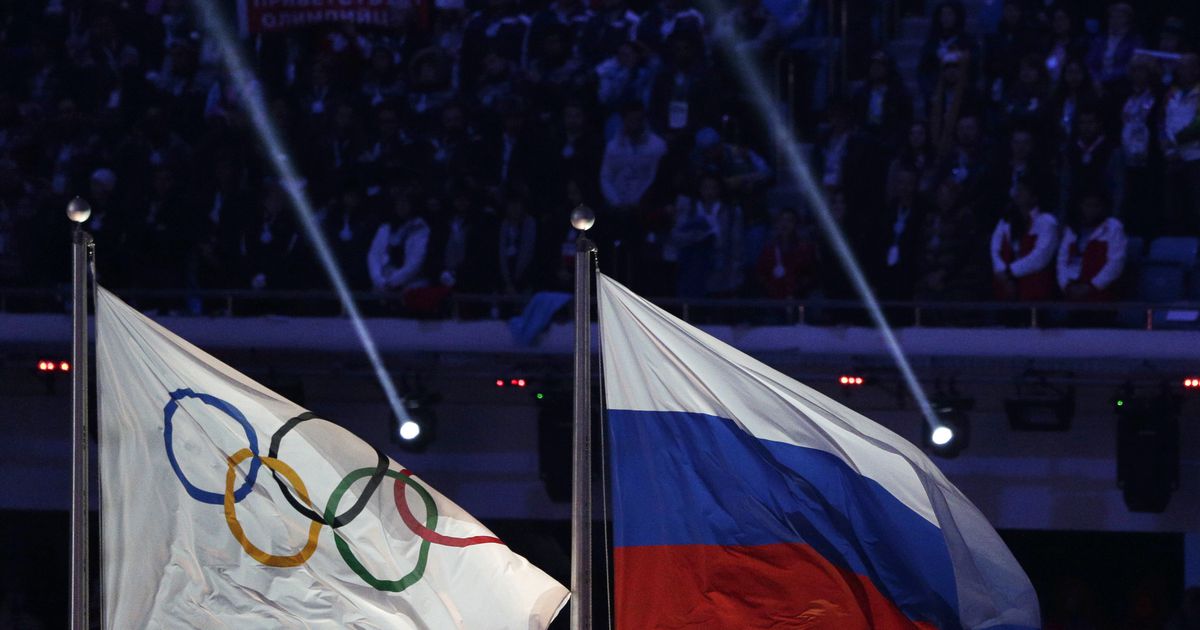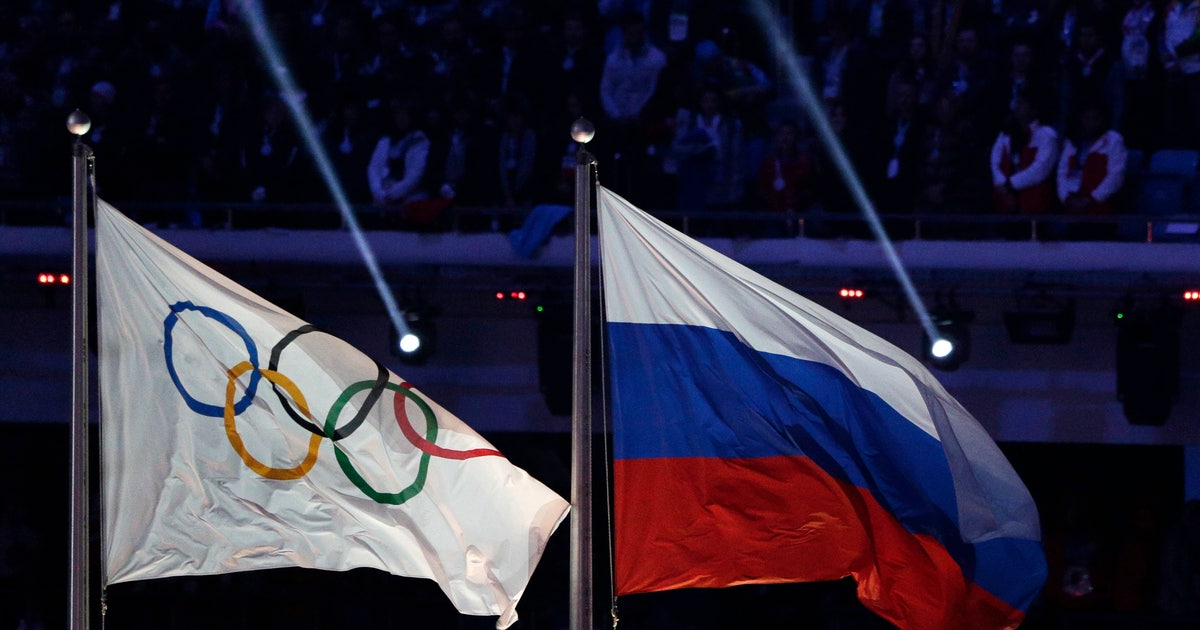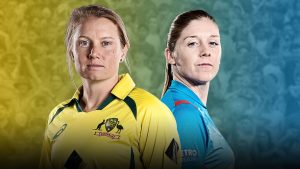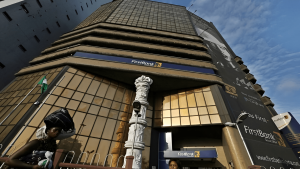Russia doping saga likely heads back to Switzerland’s courts


GENEVA (AP) — Sports punishments imposed on Russia this week closed one big body of work for the World Anti-Doping Agency.
Now, the sports lawyers can enter the field — yet again, in a doping scandal that has raged since 2014.
A Russian legal challenge seems certain after Russia’s anti-doping agency was suspended by the global watchdog Monday using powers gained only last year.
Russian President Vladimir Putin already said “we have the grounds to appeal,” and Prime Minister Dmitry Medvedev urged national sports authorities to take up the fight.
A four-year ban on Russia’s identity at Olympic Games and world championships is the main sanction for state tampering with data from the Moscow testing laboratory.
Athletes implicated in doping or whose data was manipulated will be barred from those major events. Russia also cannot bid for or be awarded rights to host those events, WADA’s executive committee agreed.
A hearing before the Court of Arbitration for Sport is expected early next year in Lausanne, Switzerland.
THE LEGAL PROCESS
The next step is by RUSADA, the Russian anti-doping agency ruled “non-compliant” by WADA. Its supervisory board meets Dec. 19.
That’s within a 21-day deadline to accept or dispute WADA’s decision. Everything points toward a dispute for WADA to notify at the highest court in sports.
Each side gets to choose one judge from the CAS list of sports lawyers worldwide. The most in-demand judges typically have worked with each other in several previous cases.
Those judges selected have three days to pick a third judge to lead their panel. If they can’t agree, the pick falls to the CAS Ordinary Arbitration Division president — Carole Malinvaud, a Harvard Law School graduate who played junior golf for France.
WADA’s compliance rule book says the panel should then give a detailed verdict within three months. That should be in March or April, said WADA’s compliance panel chairman, Jonathan Taylor.
The Tokyo Olympics open July 24.
WADA rules also give CAS judges power to decide which of Monday’s sanctions to enforce. Any verdict that goes against Russia starts the four-year sanctions clock.
THE CASE AGAINST RUSSIA
Russian doping tainted 2012 London Olympics results and corrupted the 2014 Winter Games in Sochi, where the home team topped the medals table.
WADA-appointed investigations and media reports have for years detailed state-run cheating and cover-ups.
The International Olympic Committee resisted WADA’s call for a blanket ban of Russia at the 2016 Rio de Janeiro Summer Games. The IOC appointed its own panel that verified the evidence weeks before the 2018 Pyeongchang Winter Games.
Hundreds of Russians competed at both Olympics after their personal anti-doping histories were vetted.
NEW ALLEGATIONS
Russia’s route to closure in the saga was WADA reinstating RUSADA in September 2018.
A key condition was to hand over data and doping samples from the Moscow lab, shut down in 2015 and sealed by state security forces.
WADA finally got the data in January. Forensic analysis compared it to previous evidence and a database copy provided by a whistleblower in 2017.
The IOC agreed that WADA proved data was deleted and altered, including fake evidence planted to shift the blame on whistleblowers.
Tampering continued into January 2019 — creating a new rules violation, even if some of the athletes implicated had previously been prosecuted.
NEW RULES
WADA has used new compliance rules, and a broader slate of punishments, updated in April 2018 to handle the latest case.
“The rules are tougher and tighter because we learned from some of the difficulties that were caused the first time round,” Taylor said Monday.
Still, Putin questioned if these sanctions are valid because the Russian Olympic Committee is not directly implicated in tampering.
“It means that WADA decision contradicts the Olympic Charter,” Putin said in Paris on Monday.
However, section 11 of the compliance document detailing “consequences” does let WADA do what it did, to “athletes and athlete support personnel affiliated to that country” under investigation.
OTHER CASES
The Olympic Charter helped Russia at a previous CAS hearing involving Vitaly Mutko.
The IOC’s life ban from the Olympics for the long-time Russian sports minister, now deputy prime minister, was overturned at CAS. The Olympic body was judged to lack jurisdiction over government officials.
Russia also got some Sochi medals back at CAS, days before Pyeongchang opened, when 28 of 39 athletes won their appeals against Olympic life bans and disqualifications.
CAS rulings can be appealed to Switzerland’s supreme court on limited grounds, though rarely succeed.
Another Russian potential appeal to CAS in 2020 is over a neutral team name to use in Tokyo.
The IOC’s offer of “Olympic Athlete from Russia” was accepted for the 168-strong team in Pyeongchang. Now WADA leaders say the word “Russia” is off the table.
Taylor said: “The message is — the team that goes there is not a representative of Russia.”







